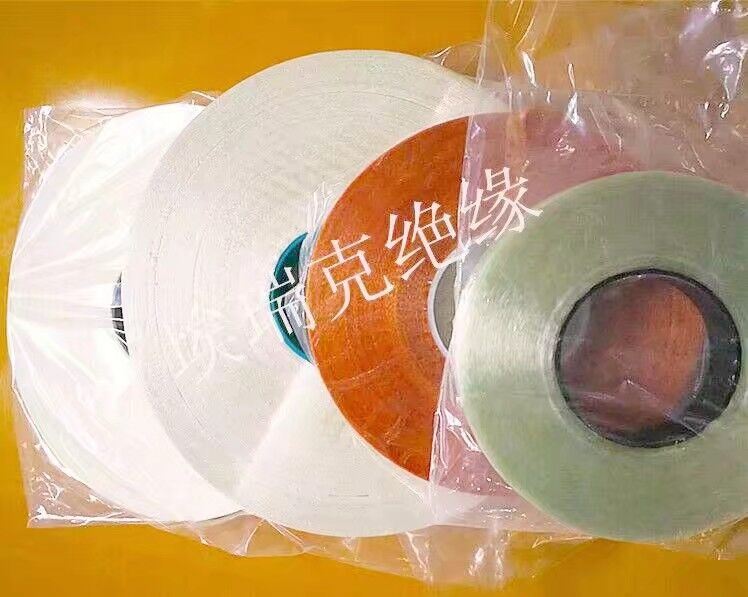The Influence of Insulation Materials on Transformers
Article From:Xuchang Eric Insulation Products Co., Ltd
The heat resistance level of transformer insulation material refers to the high temperature that the insulation material is allowed to withstand during transformer operation. If insulation materials are used correctly, a 20 year service life can be guaranteed. Otherwise, the service life will be reduced according to the 8 ℃ law (which refers to an increase of 8 ℃ in the temperature of Class A insulation, a decrease of half in service life, 10 ℃ for Class B insulation, and 12 ℃ for Class H. This law is known as the 8 ℃ law of thermal aging). The heat resistance of insulation materials composed of polymers is generally lower than that of non electromechanical media. Insulating materials that introduce elements such as aromatic rings, heterocycles, silicon, titanium, fluorine, or molecular isotactic structures have relatively high heat resistance.
The properties of insulating materials are closely related to their molecular composition and structure. The insulation materials used in transformers are all high polymers, which are basically polymer compounds composed of units with a certain structure that are repeated multiple times and have a large molecular weight. The molecular structural units of polymers are called chains, and the number of chains of polymers is called degree of polymerization. When insulation materials age, their molecular chains break and their degree of polymerization decreases. We usually measure the degree of aging of insulating paper and cardboard by the degree of polymerization reduction.
There are many types of insulation materials for transformers, which can generally be divided into gas insulation materials, liquid insulation materials, and solid insulation materials according to their forms.
Gas insulation materials include nitrogen, sulfur hexafluoride, etc. Liquid insulating materials include transformer oil, capacitor oil, cable oil, switch oil, silicone oil, fluorine oil, difficult fuel oil, etc.
Solid insulation materials include insulating paint, adhesive, deposited powder, paper, cardboard, coated cloth, paint pipe, binding tape, tightening tape, electrical film, electrical laminated products, and electrical plastic.
The properties of insulating materials are closely related to their molecular composition and structure. The insulation materials used in transformers are all high polymers, which are basically polymer compounds composed of units with a certain structure that are repeated multiple times and have a large molecular weight. The molecular structural units of polymers are called chains, and the number of chains of polymers is called degree of polymerization. When insulation materials age, their molecular chains break and their degree of polymerization decreases. We usually measure the degree of aging of insulating paper and cardboard by the degree of polymerization reduction.
There are many types of insulation materials for transformers, which can generally be divided into gas insulation materials, liquid insulation materials, and solid insulation materials according to their forms.
Gas insulation materials include nitrogen, sulfur hexafluoride, etc. Liquid insulating materials include transformer oil, capacitor oil, cable oil, switch oil, silicone oil, fluorine oil, difficult fuel oil, etc.
Solid insulation materials include insulating paint, adhesive, deposited powder, paper, cardboard, coated cloth, paint pipe, binding tape, tightening tape, electrical film, electrical laminated products, and electrical plastic.
Through the above introduction, I hope it can be helpful to the majority of users.

